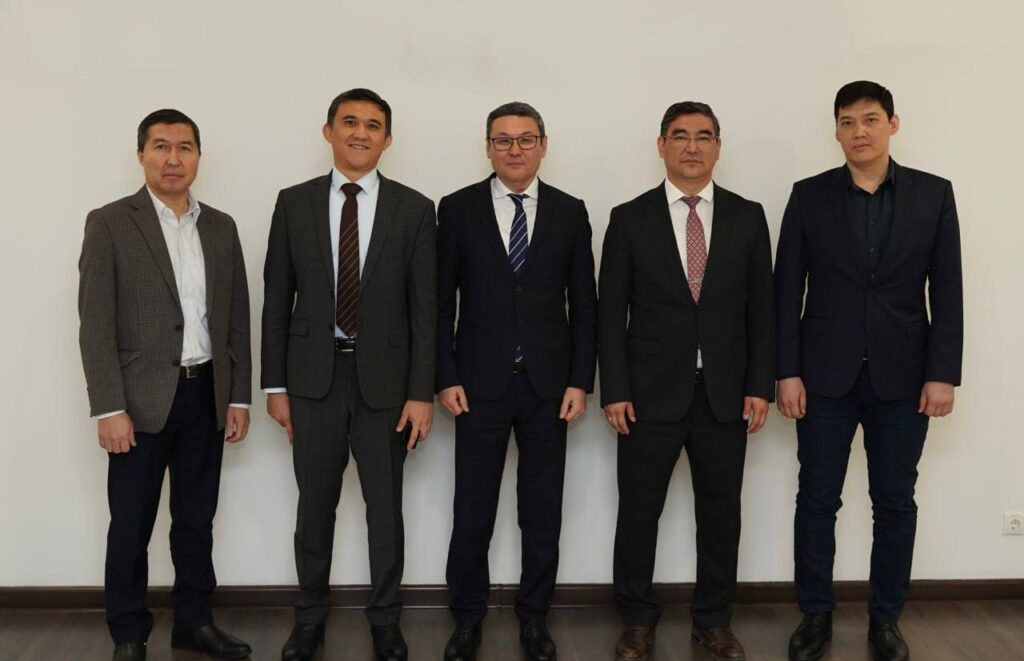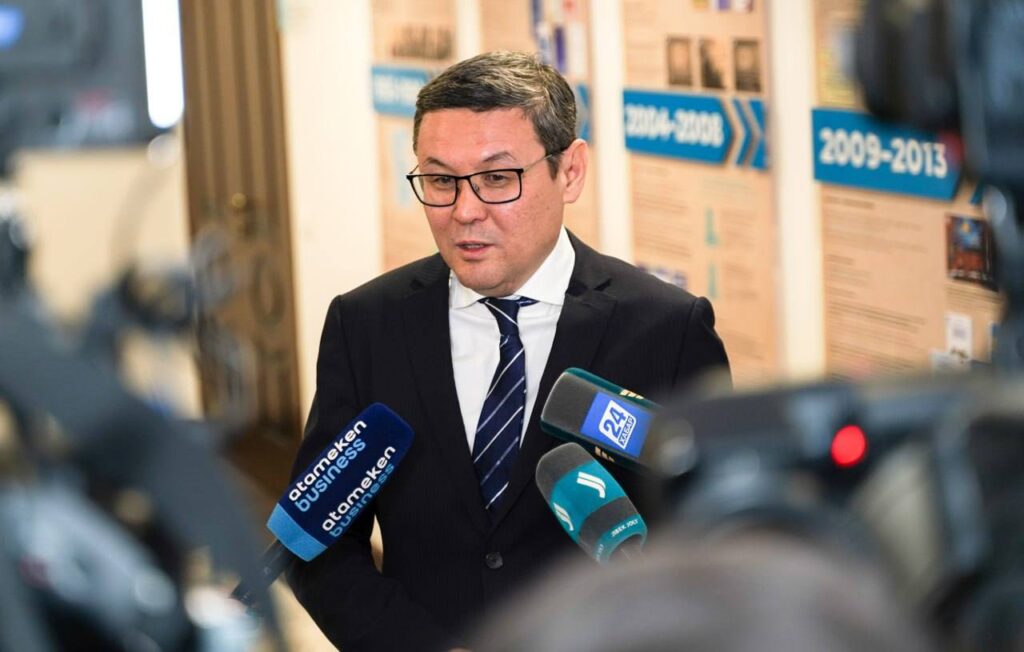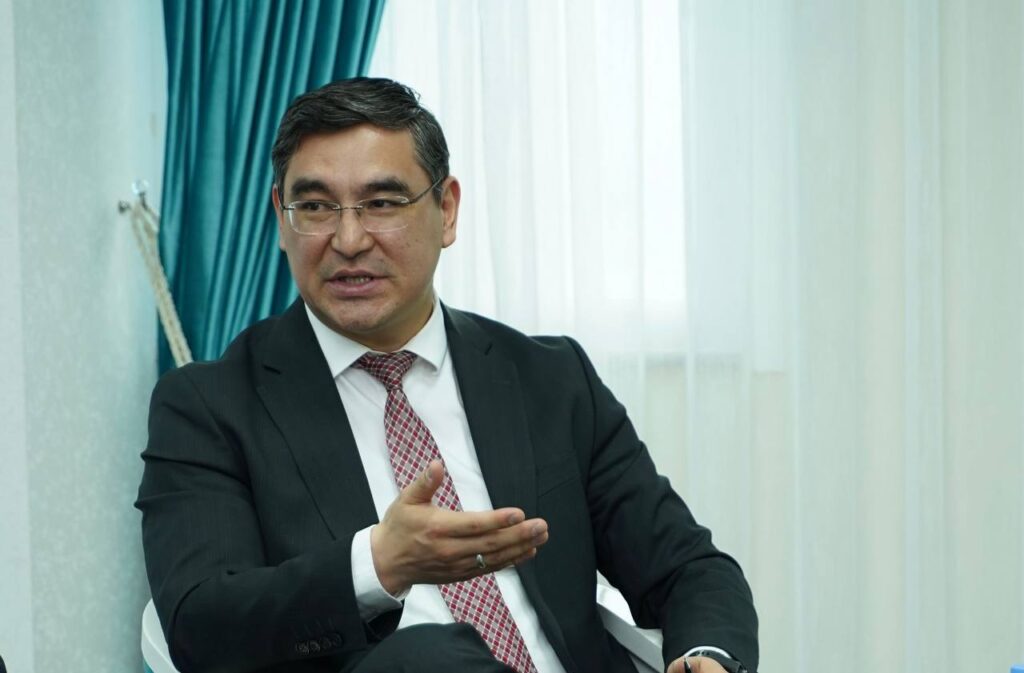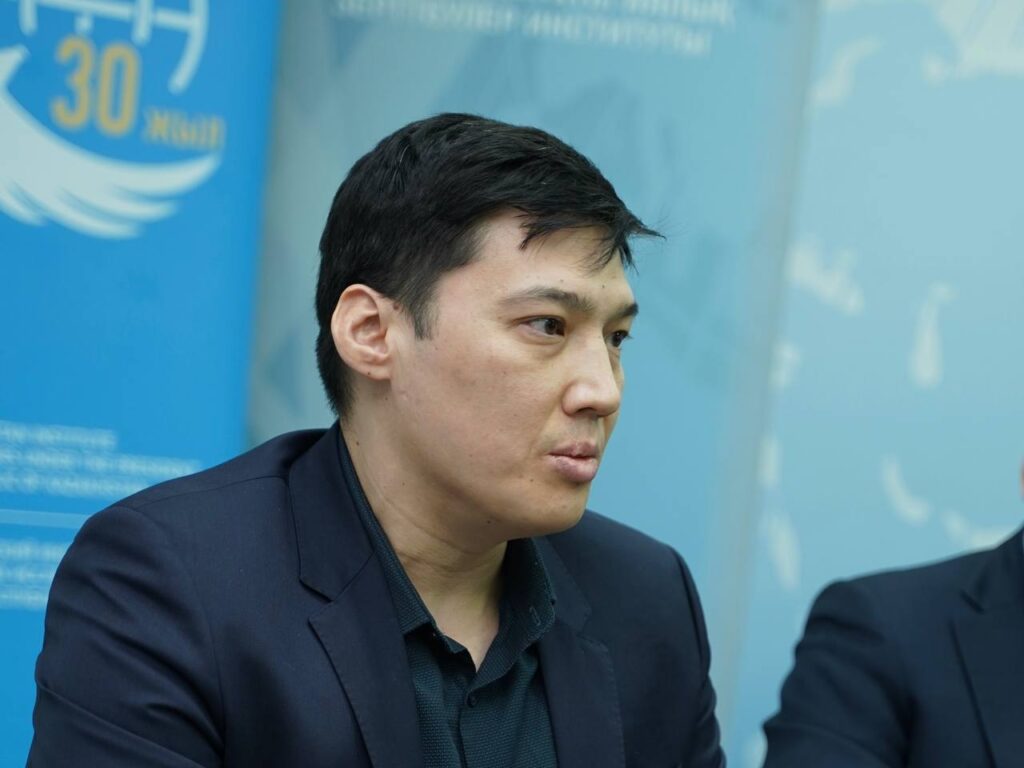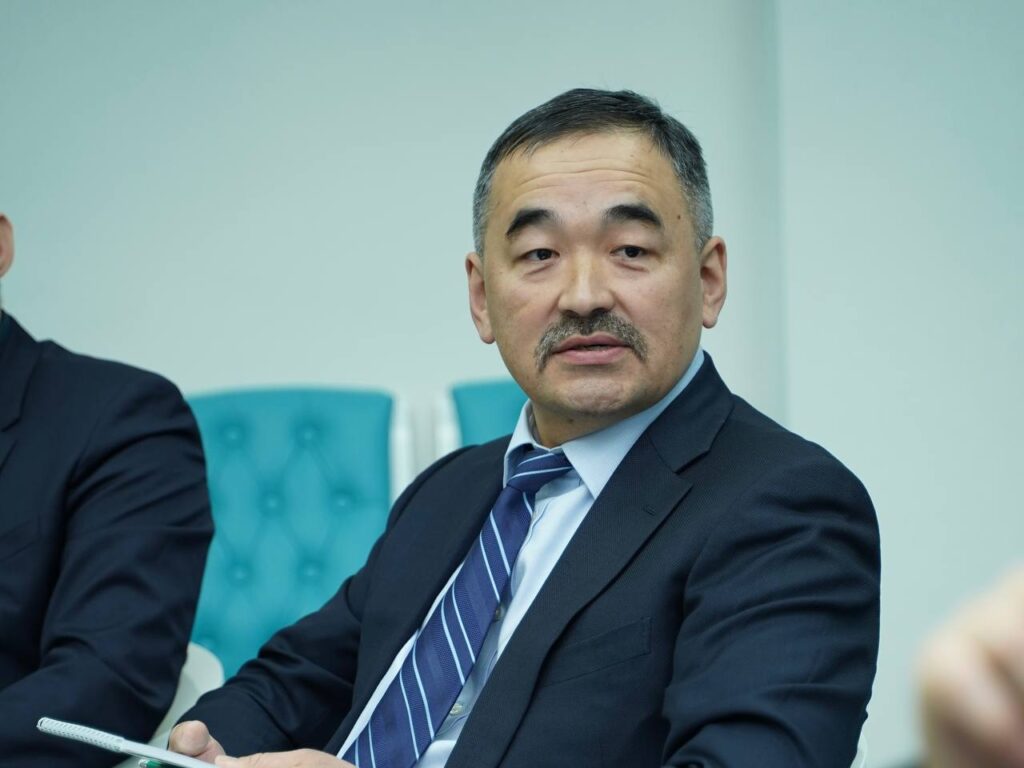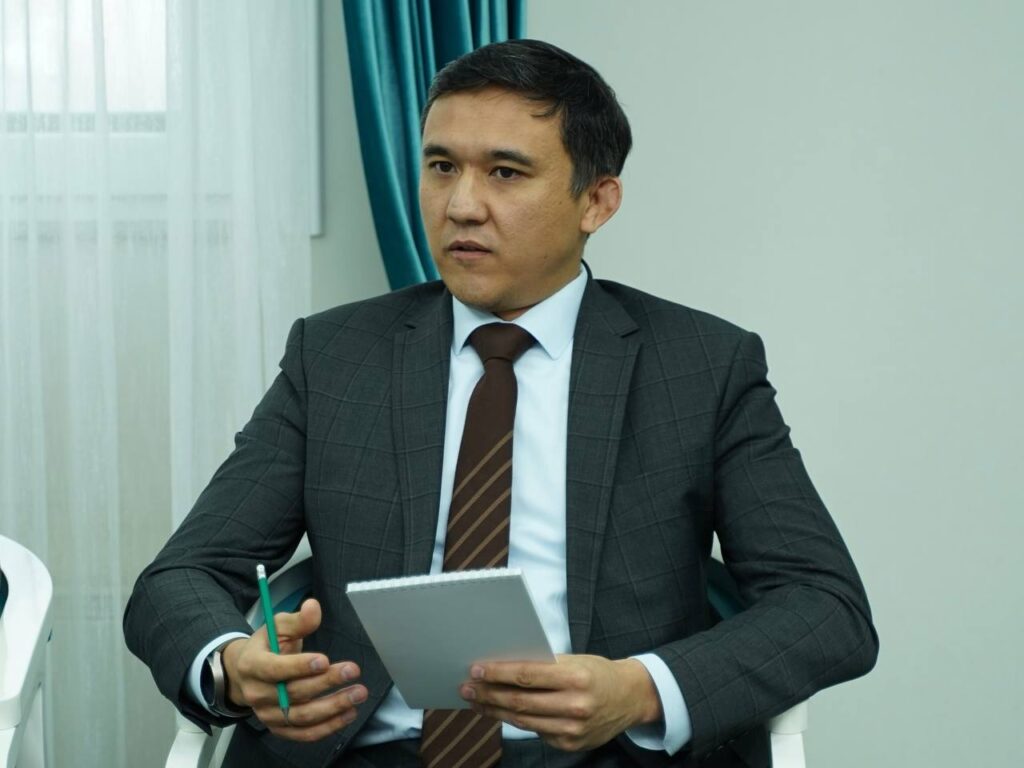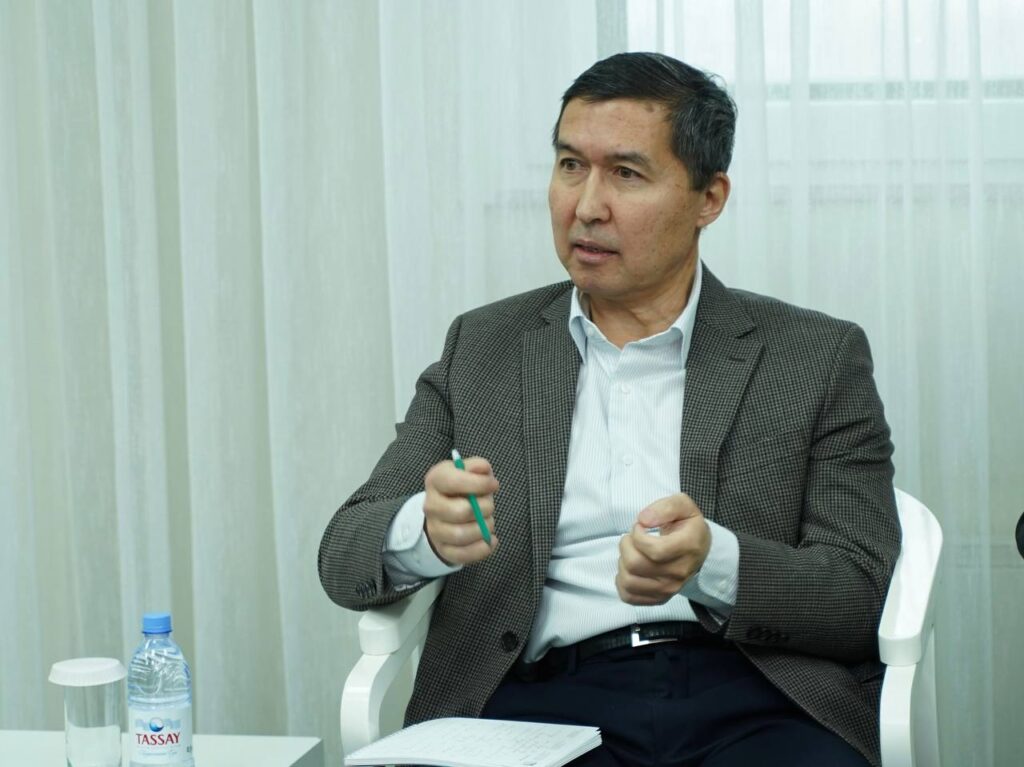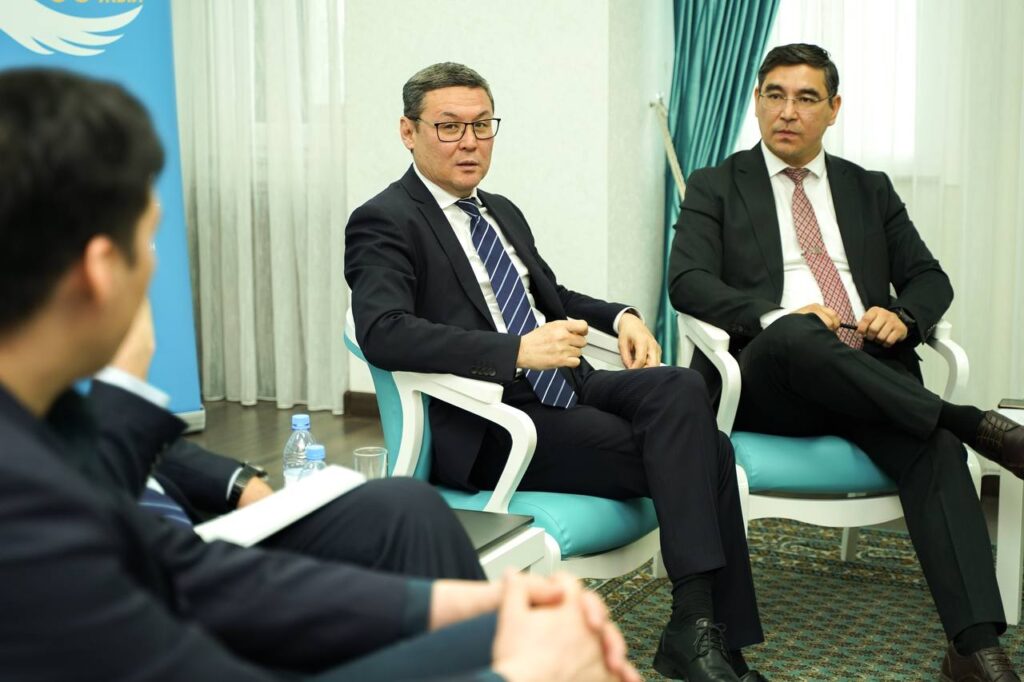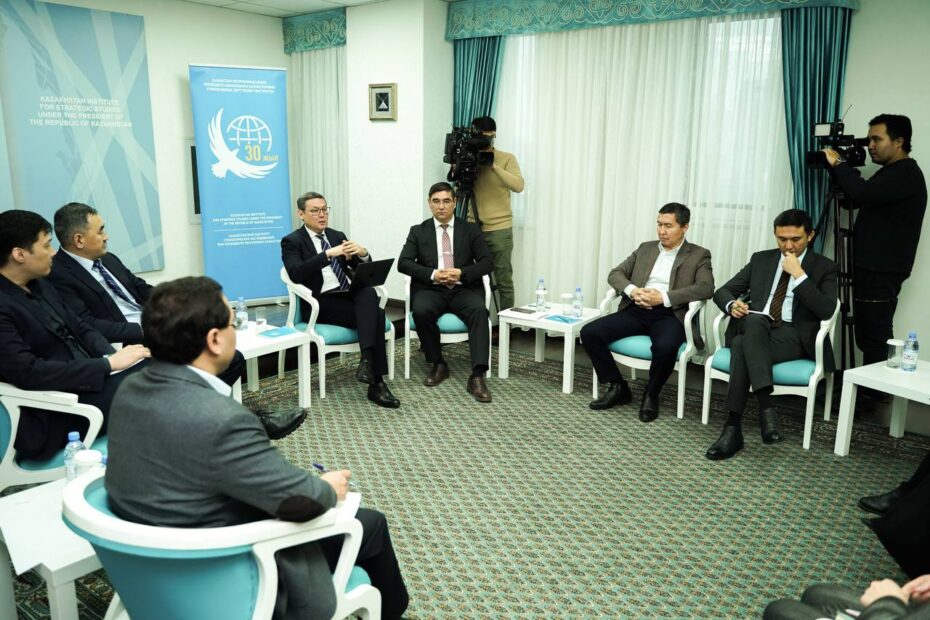On December 6, 2023, Kazakhstan Institute for Strategic Studies under the President of the Republic of Kazakhstan held an expert meeting on the topic “Formation of the Knowledge Economy in Kazakhstan.” During the meeting, Harvard University graduates discussed aspects of human capital development in the process of economic modernization in Kazakhstan. They also formulated proposals and a development strategy by studying successful global practices in human capital management and adapting them.
President of Kazakhstan Kassym-Jomart Tokayev has consistently emphasized the role of human capital in the development of the economy and society, contributing to the improvement of the quality of life for the population.
It’s worth noting that Kazakhstan has strong indicators in the Human Development Index. Kazakhstan is classified as a country with a very high level of human development, with an index value of 0.8. In the Sustainable Development Report for 2022, our republic ranked 65th out of 163 countries worldwide.
During the expert meeting, Yerkin Tukumov, Director of Kazakhstan Institute for Strategic Studies, noted that Kazakhstan is on the threshold of significant changes, and the key factor will be the economic development model, which will depend on the quality of human capital.
“Firstly, it is necessary to significantly increase funding for science and education. Today, our share of science funding is only 0.12% of GDP. By 2025, expenditures on science are planned to be increased to 1% of GDP. Developed countries that focus on science spend an average of 2-4% of GDP on scientific development (Israel – 4.27%, the Republic of Korea – 4.23%, Japan – 3.28%). The average expenditure on science in OECD countries, where we aim to enter, is 2.48%.
Secondly, the development of research universities. In global practice, universities become key drivers of development, not only enhancing the quality of human potential but also strengthening the technological and innovative potential of states.
At the same time, foreign experience in creating modern research infrastructure shows a high level of state support for science and innovation, including the establishment of science and technology parks,” said the head of the institute.
According to Yerkin Tukumov, the innovative policy of the United States is aimed at creating science and technology parks that bring together universities, research institutes, laboratories designed to provide private companies with access to innovations developed with state support.
“Thirdly, we must ensure equal educational opportunities for both urban and rural youth. Building an effective talent reproduction system will always be one of the top priorities in our country. To grow a qualified workforce, we need to improve the quality of all youth, especially in rural areas. We must consider the ‘law of large numbers,’ according to which it will be easier to identify talents from a large mass of educated people.
We need to enhance the quality of education in rural areas, create an environment that will nurture numerous talented students. Currently, three-quarters of all schools are located in rural areas, and 45% of students are educated there.
Fourthly, we are at a point where the competition for human capital is more important than the competition for natural resources. There are already forecasts that for successful economic diversification and our long-term development, sooner or later, we will face the issue of attracting highly qualified personnel.
According to the research of the Korn Ferry Hay Group, an international management consulting company, by 2030, the global economy will experience a shortage of qualified personnel. The global talent deficit will amount to 85.2 million people, leading to a loss of approximately $8.5 trillion in profits for the global economy. Kazakhstan is also currently experiencing a certain shortage of personnel in several specialties. Therefore, it is necessary for us to work proactively. We need to overcome our internal fear – immigrantophobia.
However, it is essential to strike a balance and have more confidence in ourselves when it seems that someone is better than us. Invitations should be extended to those areas where we lack experience.
For example, in the United Kingdom, since last year, access to the country’s labor market has been opened for graduates of leading non-British universities through the “High Potential Individual” visa. The visa is granted to graduates of top global universities who have obtained bachelor’s, master’s, or Ph.D. degrees within five years before applying for the visa.
In the United States, foreign holders of F-1 visas can apply for the Optional Practical Training (OPT) program after completing American universities. Under the program, a graduate can stay and work in the U.S. in their field of study for 1 year. For STEM graduates, this period is extended to two years,” noted Yerkin Tukumov.
He also emphasized that it is not too late for Kazakhstan to join the global talent race and thereby strengthen its human capital, the quality of which will be crucial for the economic and social development of the country.
In turn, healthcare expert Ardak Amangeldiyev believes that one of the factors of human capital is a healthy and thoughtful nation, which has the opportunity to work and contribute to the further economic and social development of the country.
“Since 2019, healthcare funding has increased by 2.5 times – from 1 trillion tenge in 2019 to 2.5 trillion tenge this year. In Kazakhstan, healthcare funding does not exceed 20% of GDP, while in developed countries, this indicator is 40-50% of GDP.
Thus, supporting the social sector, social equality, and protecting the incomes of the population are currently crucial factors for human capital, which deserve special attention,” said A. Amangeldiyev.
Nurken Urmantayev, a professor at M. Narikbayev Kazakh Law University, highlighted the need for the development of leadership courses in Kazakhstani universities, citing the example of Harvard University.
“With the goal of developing education and providing the opportunity to obtain a foreign diploma in Kazakhstan, in 2021, we opened the first British university in Almaty – De Montfort University Kazakhstan. Currently, there are plans to open a university and school in Nur-Sultan, as well as in the regions of the country.
It is worth noting that in Kazakhstan, resource extraction and large-scale production are located in the regions, and to attract specialists to these regions, there is a need to improve education and medical conditions.
Nevertheless, using Harvard University as an example, I consider it necessary to develop leadership courses in Kazakhstani universities. Skills such as communication and negotiation are crucial in today’s world,” emphasized Nurken Urmantayev.
According to the Chairman of the Board of Directors of Satbayev University, Kuanysh Yergaliev, human capital is multifaceted, encompassing factors such as healthcare, education, income, and more.
“In terms of education, we have a decent foundation. When we went to study at Harvard, we were no worse than other students. However, when we graduated, for some reason, many of our professionals turned out to be in low demand. We need to think about what is missing; maybe we really lack soft skills. There are many questions, of course, but one of the key factors is corporate culture – it is the strategy for tomorrow. Corporate culture creates such a boost and provides soft skills that the university does not offer.
We must instill democratic and horizontal approaches through persuasion, enlightenment, and education. And here is the most important question – how to do it. We all know what to do, but how to implement it is another question.
We need to propose how to do it, maybe introduce an acceleration room, gather and brainstorm. I hope this is not our last meeting, and maybe we will create our community. Support is needed to convey that research universities are needed, primarily for creating innovative products and advancing science. Preferences are needed to involve people in the academic environment,” noted K. Yergaliev.
Yerken Turganbayev, Director of the Nazarbayev University department, believes that human capital does indeed have a positive impact on Kazakhstan’s economy, but the impact is indirect, occurring through labor productivity, especially in the fields of healthcare and education.
“In Kazakhstan, over the last 20 years, human capital has influenced not so much the production of new technologies but the implementation of existing technologies in the world. This is also good, but we would like to have our own technology production,” said Y. Turganbayev.
Galym Ussen, the Deputy CEO of the Baiterek Holding, emphasized the need to focus not only on acquiring knowledge but also on gaining practical skills.
“It should be done systematically, as in Japan, for example, where they conduct training for graduates, imparting practical skills.Also, in Japan and the United States, there is a system of internships, where students from the third year simultaneously reinforce their knowledge with practical skills, and by the end of their education, the graduate is a ready professional,” summarized G. Ussen.
